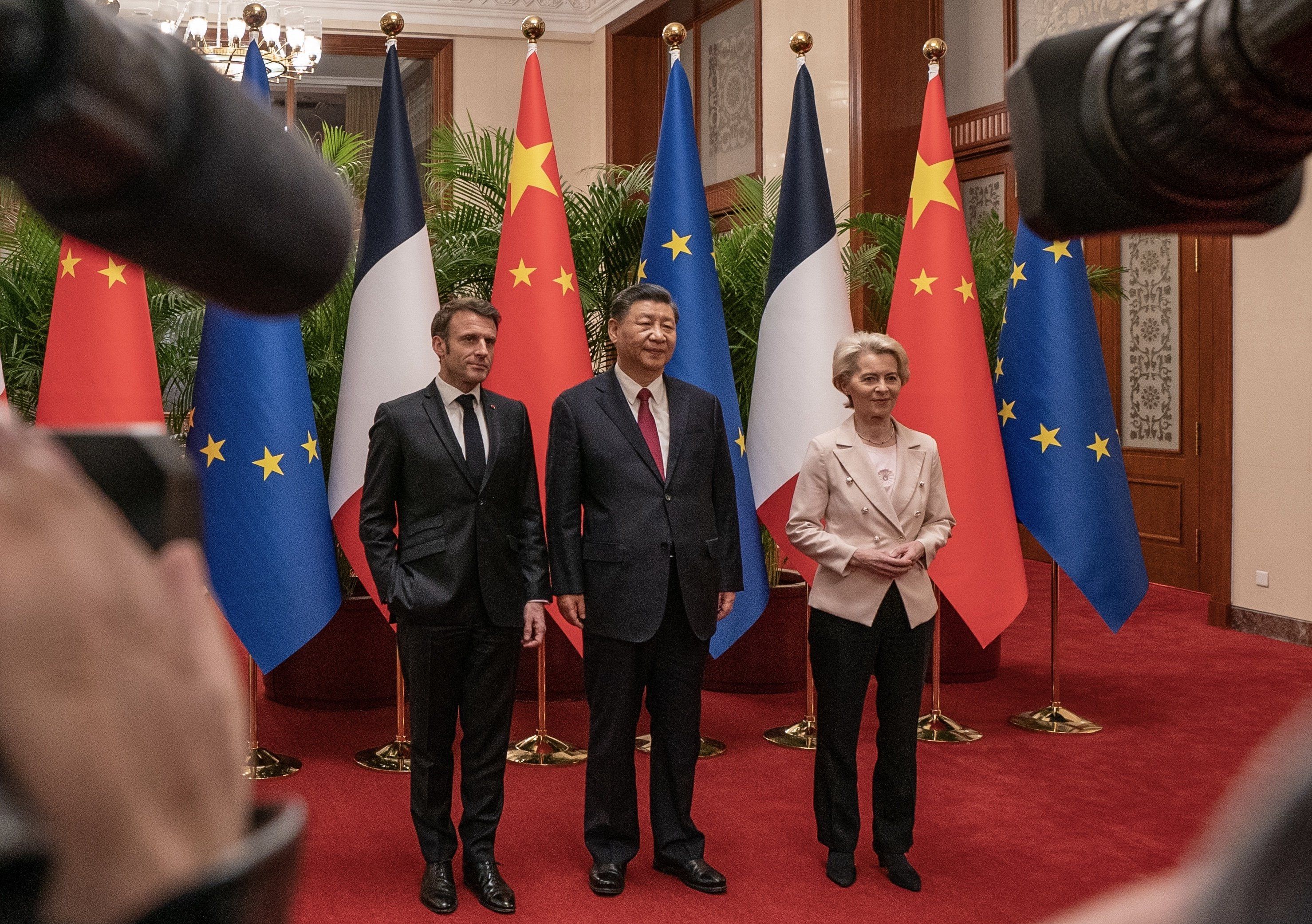5: Next week, Chinese President Xi Jinping
will visit Europe for the first time in five years, stopping in France, Serbia, and Hungary. Xi is looking to smooth ties with the EU at a time of growing trade and technology tensions with Brussels, while also advancing China’s Belt and Road Initiative, which took a hit when Italy formally
backed out last December.
320 million: The cost of a pier the US military is building on the Gazan coast has risen to at least $320 million. The purpose of the project is to facilitate the delivery of more humanitarian aid to the besieged strip, as Israel continues to restrict aid trucks arriving by land. The UN warned in March that famine was imminent in the enclave of more than two million people.
2: On Sunday, the Philippines closed schools nationwide for two days amid an unprecedented heatwave. With temperatures nearing 100 degrees Fahrenheit and heat indices (a combination of heat and humidity measures that reflects the temperature actually felt by the body) touching a record 113 degrees, authorities there took action out of concern for the health of their citizens and their power grids alike.
6: Equipped with its standard-issue nine lives and a microchip, a Utah-based cat somehow
survived six entire days after finding its way into an Amazon return package that its owner unwittingly mailed to California. “Galeana loves boxes,” said the cat’s owner, who was contacted after an Amazon worker discovered the accidental feline stowaway and took it to a vet who scanned its tracking microchip.
